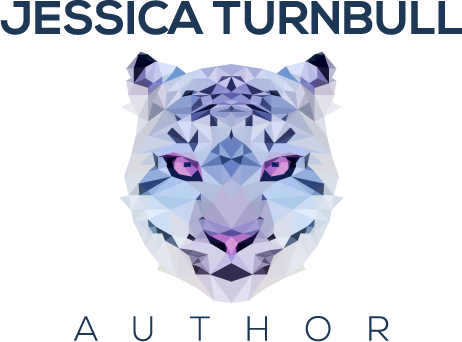Hi all,
It's been a while since I've done a post about mental health, and today I've done something that I think is worthy of a blog post.
As authors, self published or traditionally published, we have to market our books so readers can discover them. It's a lot harder than it looks, as most of it is just trial and error until you find something that works for you. Unfortunately, as a sufferer or anxiety and depression, marketing is very difficult for me to do.
Let me explain.
Today I sent four emails to various writing groups to ask them if they would be interested in reading my book.
It took me two hours to build myself up to pressing the send button on each. The amount of anxiety I felt was horrible, I felt like I was back in school again. Despite being much better than I once was as a teenager, communication is still hard for me. The feeling of 'they're just going to say no' is still very strong. I wrote those emails over and over, worrying that I'm sounding too robotic or too casual. Even now, an hour after sending those emails, I'm expecting them to berate me for even asking.
Marketing is a huge part of publishing a book, and in my eyes, the scariest. I've been judged by people so much in life and now I have to go through it all again. As much as it pains me to send those emails, I know I have to do it.
I have to give Blood and Water a fighting chance.
If I just release it and don't bother marketing it, it won't sell. I need to market so people can find it, no matter how terrifying it is.
My next step is to put up posters around my hometown and ask libraries if they would be interested in displaying a poster. While writing, editing and publishing the book was scary, this is so much worse.
My anxiety is threatening to overpower me once again, but I'm fighting back. Yes, it might take me a few hours to send an email and yes, fretting so much about a poster can seem trivial.
But in my eyes, it's terrifying.
I've seen a lot of people talk about authors hating marketing because they're introverts and hate to big themselves up. I however, want to talk about the mental toll marketing can have.
It doesn't matter how mentally strong you are, marketing is draining and absolutely terrifying. It's not just about being an introvert, it's about being genuinely scared of rejection.
As authors we face rejection at every angle, marketing is just something else to worry about. Querying was bad enough, but in the end every email I sent out I knew I would get a 'no' from. That's when I decided to self publish. But with marketing, you can't just decide not to do it, it's vital for your book.
I'm hoping that one day I will just go numb to the feeling of marketing like I did with querying, and then it won't scare me anymore. Until that day, if it ever comes, I'm going to carry on trying.
Whether it takes minutes or hours, I will continue to market my books.
That's it for this week, I hope you enjoyed. See you next week.


